Train-ME Summer School 2023
Goals of the Summer School
Participants of the Summer School will be trained in bio- and geoscientific fieldwork sampling, applied in terrestrial and aquatic environments. Water samples will be analysed in the field or field lab with both inexpensive and simple methods such as e.g. pH- indicator paper or salinity refractometer, as well as more costly field methods, such as the application of handheld multi-parameter probes or portable spectrophotometers with analytical rapid tests. Biological field methods will include plankton hauls and benthos samples, while geo techniques will focus on surface sampling of soils and sediments and long sequences of deeper soil / sediment layers with different coring equipment.
The practical knowledge how to obtain reliable scientific sample material is fundamental to answer applied questions in environmental geology and ecosystem assessments. In addition, participants will be made aware of how environmental pollution can be detected and how to identify point sources or diffuse seepages of pollutants.
It is expected that the academic background of the participants is from various disciplines in the bio- or geosciences. This will inevitably stimulate discussions about research questions and specific sample collection strategies. This will raise the awareness of the specific needs of related disciplines and strengthen individual problem-solving skills.
Project description
During the Summer School participants will be introduced to very simple but also more complex field techniques. Sensitive physical and chemical parameters are best measured in situ or immediately after sampling. Standard parameters such as temperature or pH are rapidly measured in the field with cost effective methods or with the use of a multi-parameter probes to simultaneously measure conductivity and oxygen content from the same water sample. Nutrients with a quick turnover such as nitrite, nitrate, ammonium and/or phosphate are analysed with more expensive rapid tests.
The retrieval of surface samples is carried out from a boat with box grabs to retrieve a defined sediment aliquot or gravity corer equipped with plastic pipes to guarantee an undisturbed sediment-water interface. The latter method is also applicable to recovered ~150 cm of the uppermost sediment layers.
Different coring devices exist to recover longer sediment sequences on land. We will demonstrate an array of common techniques such as a Russian peat corer, motor hammer corer and vibracorer. Participants will learn which techniques are best suited to each substrate, and discover the advantages and limitations of each sampling technique.
The Summer School will be partly documented on video and cut for short films to highlight individual methods and make them available online as a reference for future work. A science journalist will share his communication skills to develop effective outreach material.
We will visit the Sibudu Cave rock shelter and the !Khwa ttu San Heritage Centre to learn about the ancient San culture.
Target group
The summer school is aimed at students, doctoral candidates, and junior scientists from natural and engineering disciplines. Participants do not have to have any special previous knowledge, but an interest in geosciences is encouraged.
A successful application will include a CV, a letter of motivation and one reference letter by your supervisor or employee. Application are encouraged from candidates studying or training in the geo- and / or life sciences or engineering professions. Furthermore, a balanced number of German and southern African (South Africa, Namibia, Angola, Zambia, Mozambique, Botswana, Zimbabwe, Lesotho) participants and a gender parity distribution is a matter of course. The Summer School is fully funded by the Federal Ministry of Education and Research Germany.
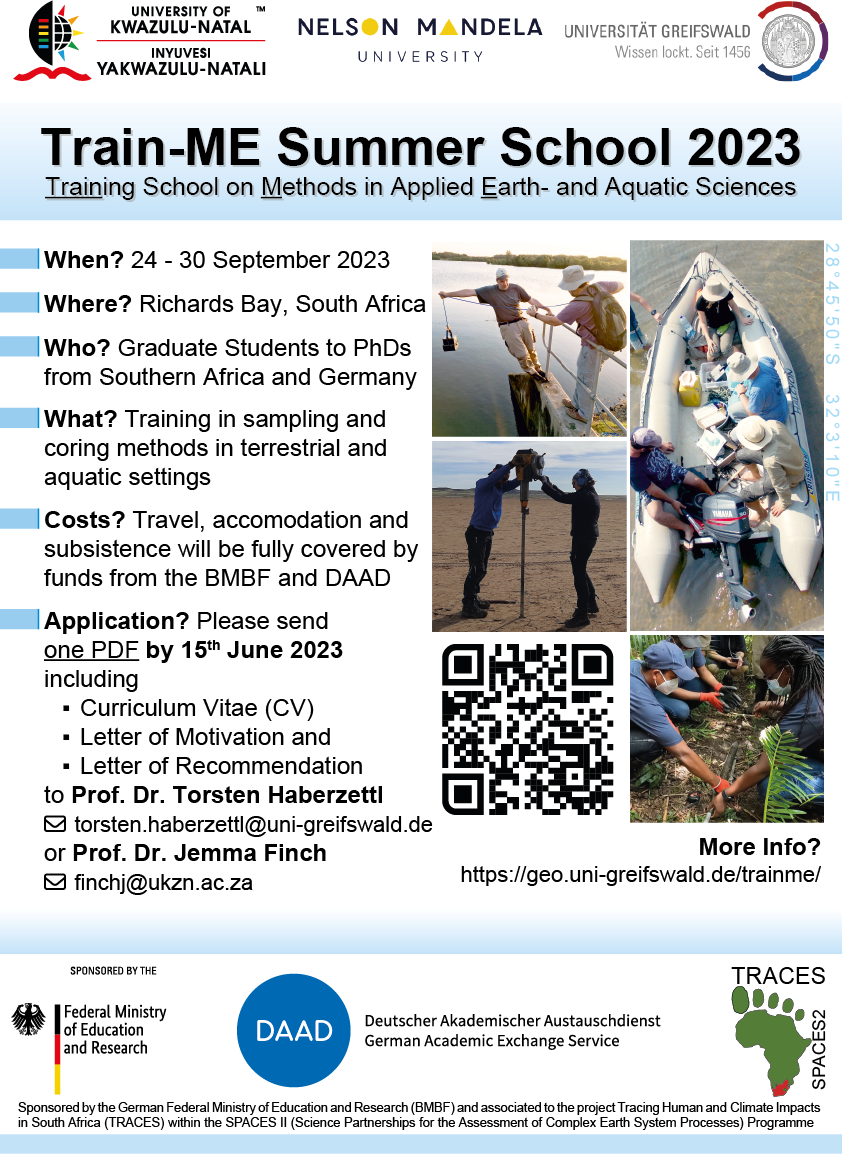
Apply now
Please send one PDF until 15 June 2023 including
▪ Curriculum Vitae (CV)
▪ Letter of Motivation and
▪ Letter of Recommendation
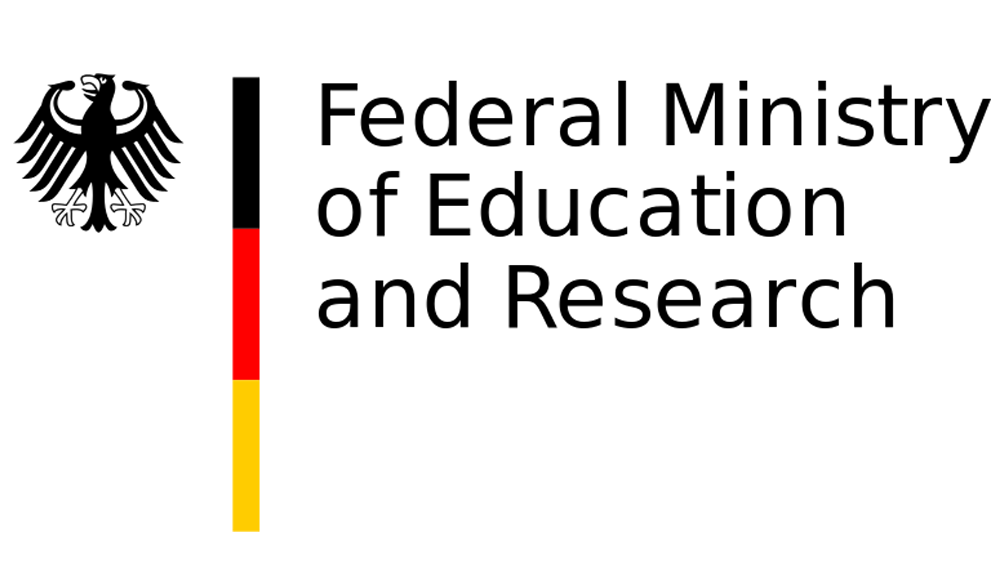
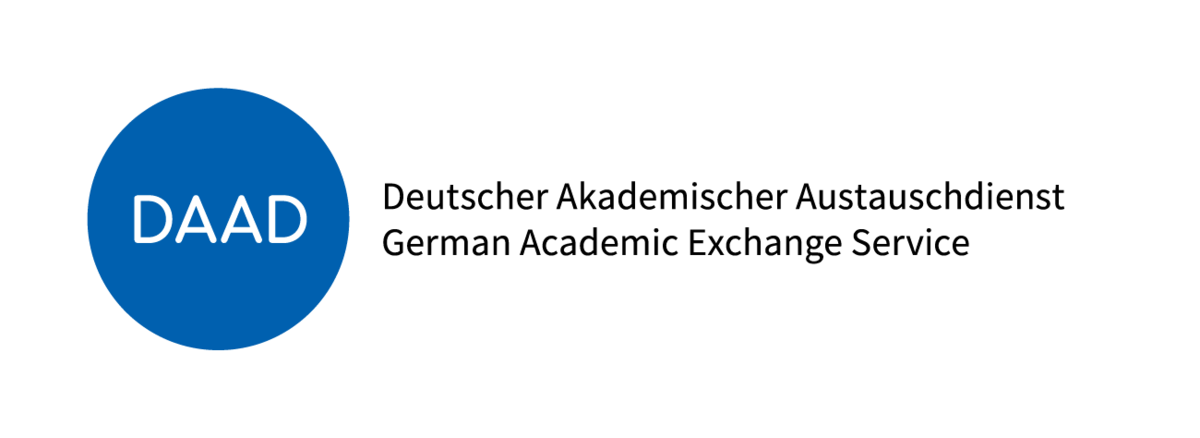
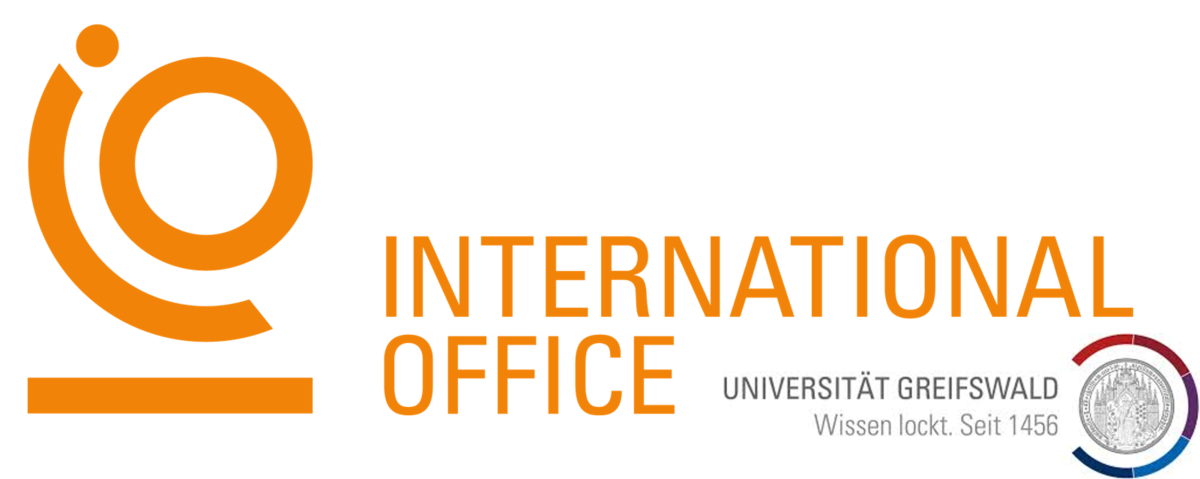
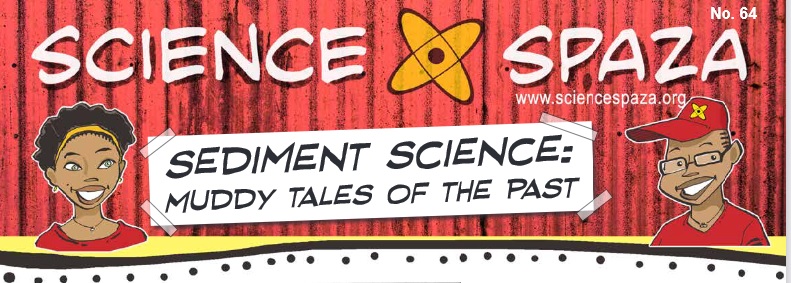
Science Spaza is a youth engagement initiative of The Yazi Centre for Science and Society in Africa (YAZI) and is produced by Research Engagement Specialists Jive Media Africa.
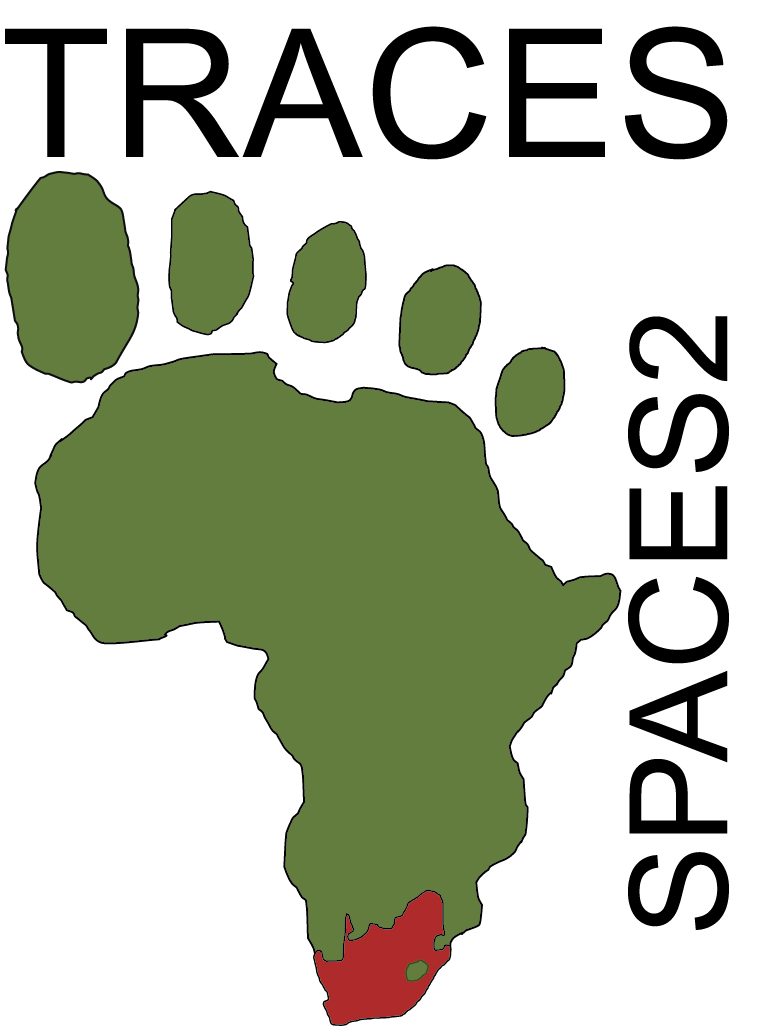
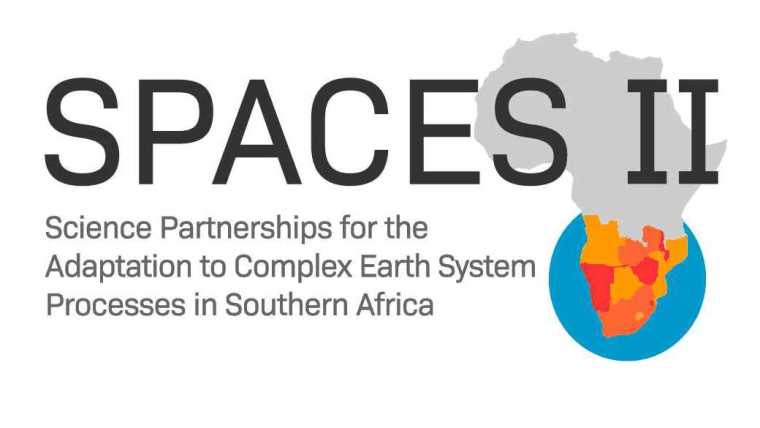
SPACES II (Science Partnerships for the Adaptation to Complex Earth System Processes in the Southern Africa) research network
